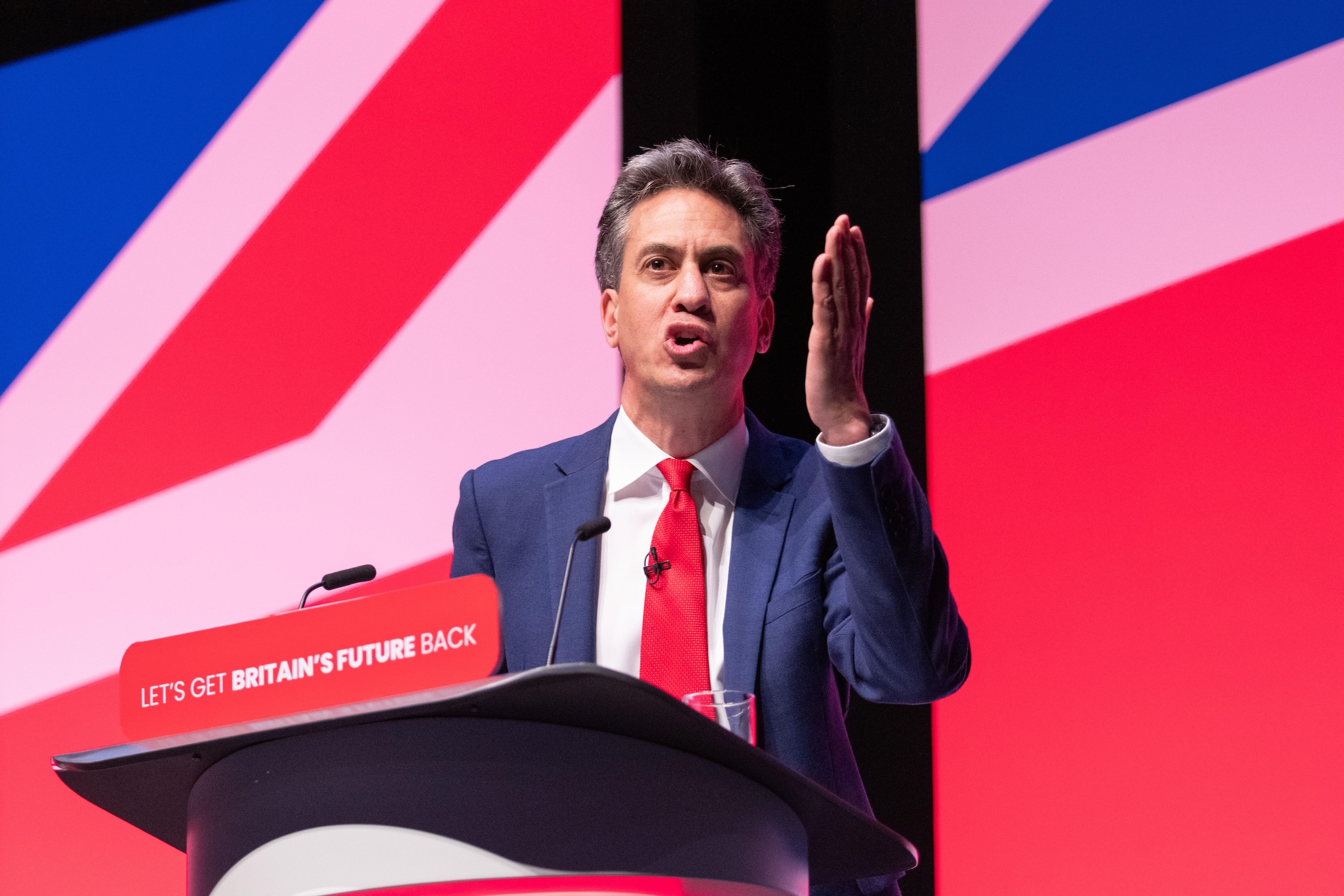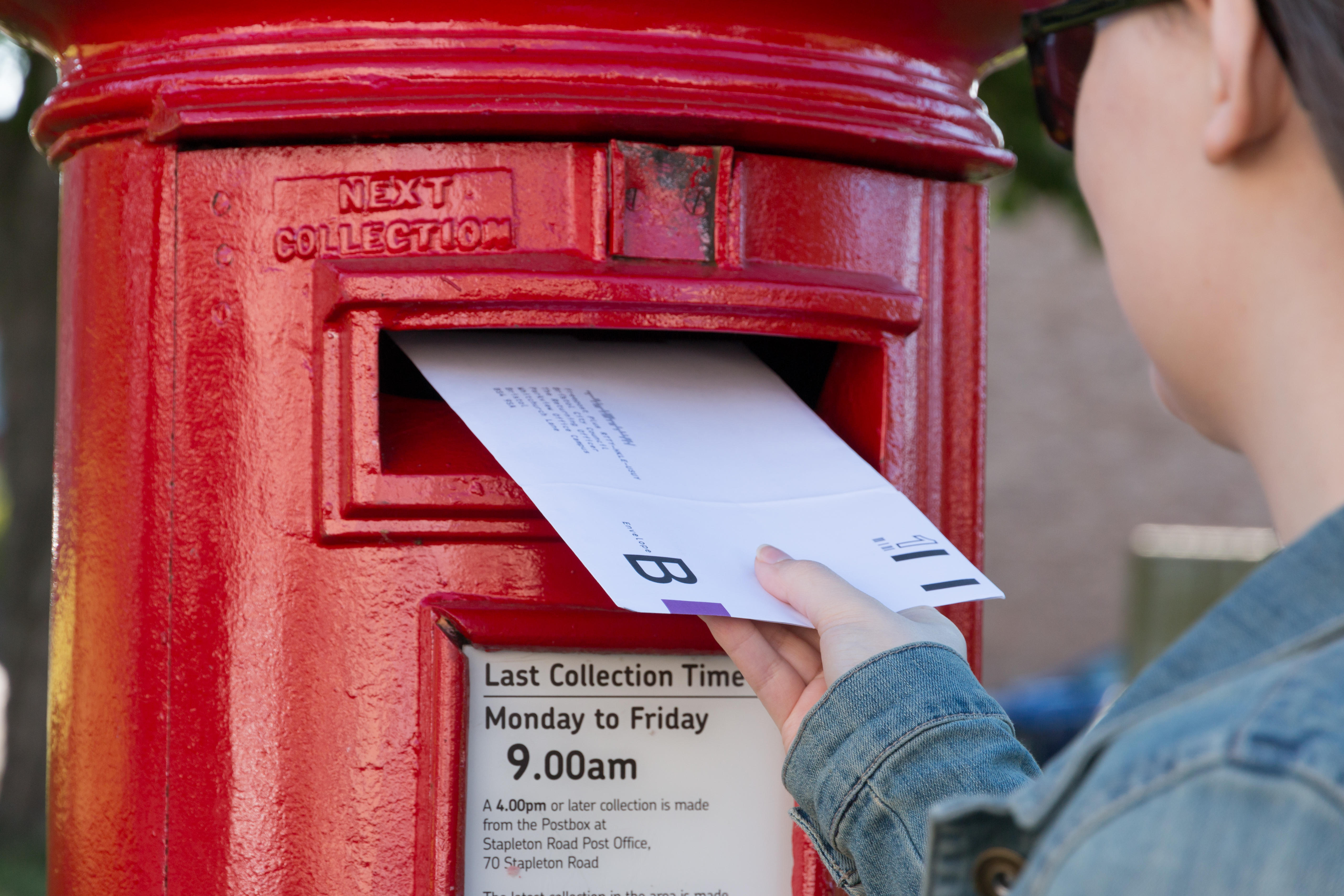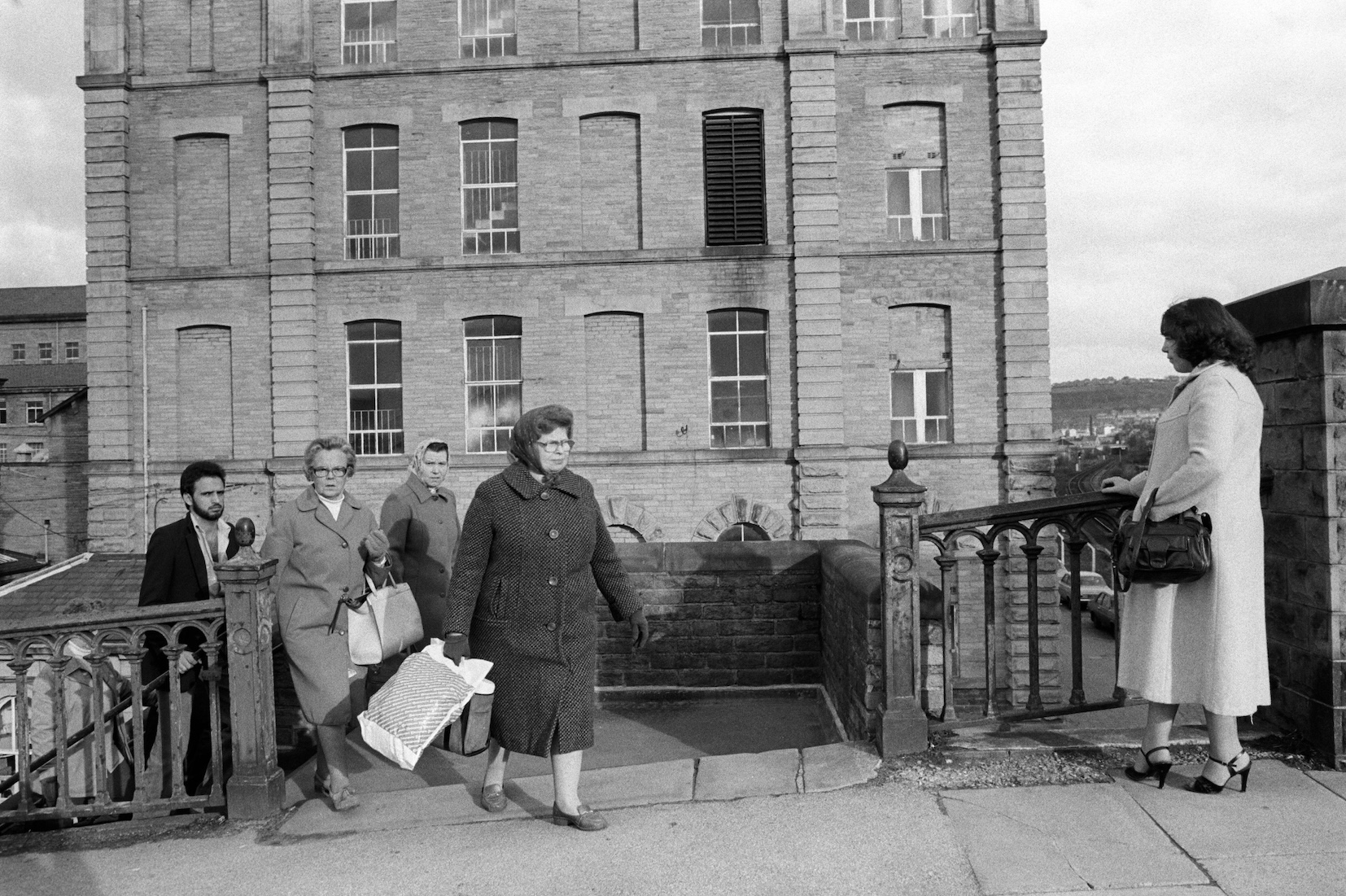Don't engage with Farage, no matter how mainstream he gets
The most toxic man in British politics is likely to play an outsized role as an opposition spokesman in the next parliament. This doesn't make his ideas worth compromising with.
Nigel Farage's public persona oscillates between two extremes: the affable, self-effacing 'retired' figure, who pretends to be the voice of the people in televised debates, and the more sinister, volatile politician who emerges in the company of his supporters. We witness the former when Farage is in the company of other politicians, but when he stands alone on a stage, basking in the adoration of his followers – as was the case during Reform UK’s live event on Thursday – the mask slips off.
One of the most striking contrasts is in his rhetoric. Yes, his politics are clear as day when he links everything back to immigration during election panel discussions, no matter what the topic. However, the language he uses is much more restrained than what he feels comfortable saying in a room of loyal followers. In the first instance, he may call for a “net zero” of migration numbers and go to his usual dog whistles, but in the other, he will double down on labelling refugees as invaders to a cheering crowd. “4,000 boats and 125,000 people later, I think I was right to use the word "invasion” because that is what this is,” he told his supporters shortly after appearing on Question Time - knowing he would be met with rapturous applause and whistles of support.
The danger Farage poses to the country has never been a straightforwardly electoral one. Continually denied a seat, he has nevertheless thoroughly poisoned our political culture; chiefly, through the sheer terror he seems to inspire in the Conservative party - who have continually tacked right to outmaneuver him. It’s hard not to wonder if the charm would have gone out of Farage if he spent the last two decades as a one-man minority in Parliament, rather than a manifestation of the Tory subconscious.
But - not least thanks to Farage - we are living in different times, and his entry into parliamentary politics is no laughing matter. First, against the backdrop of a Conservative party’s mangled by the Farage-inspired Brexit, his positions no longer seem as extreme (more’s the pity.) He is managing to claw a place in the mainstream media conversation merely by standing in these elections, and this is not likely to change once he is elected.
Secondly, the Conservative party is fractured and broken, and will spend the next five years figuring out its identity. Farage is ideally positioned to either split it, take it over, or both. The Reform leader is playing a long game: he makes it clear that he’s not trying to win this time around, but wants to be Labour’s opposition, replacing the Conservative Party. Instead, he will use the next five years to build a “big national campaigning movement”, and then challenge for prime minister in 2029. Along the way, he will make himself the most persistent critic of Starmer in parliament, whether he himself makes it to the despatch box or not.
With the rise of the far-right in mainland Europe and too much damage wrought by Tories for Labour to fix in a mere five years, a lot will depend on where the line is drawn, and who draws it. Ever since the anti-ULEZ campaign offered a rare moment of comfort for the Tories in a string of electoral losses, it’s been increasingly clear climate change will be one of them; Farage is already recycling the old Brexit Bus malarkey claiming that scrapping Net Zero would free up money for the NHS. On the campaign trail, Starmer has consistently tried to woo center-right voters. We can only hope that after the election, such courtesy is cast aside. Xenophobia and climate change denialism aren’t any more legitimate because they’ve become more mainstream; wrong ideas shared by large numbers of people are still wrong.
The Lead is now on Substack.
Become a Member, and get our most groundbreaking content first. Become a Founder, and join the newsroom’s internal conversation - meet the writers, the editors and more.





